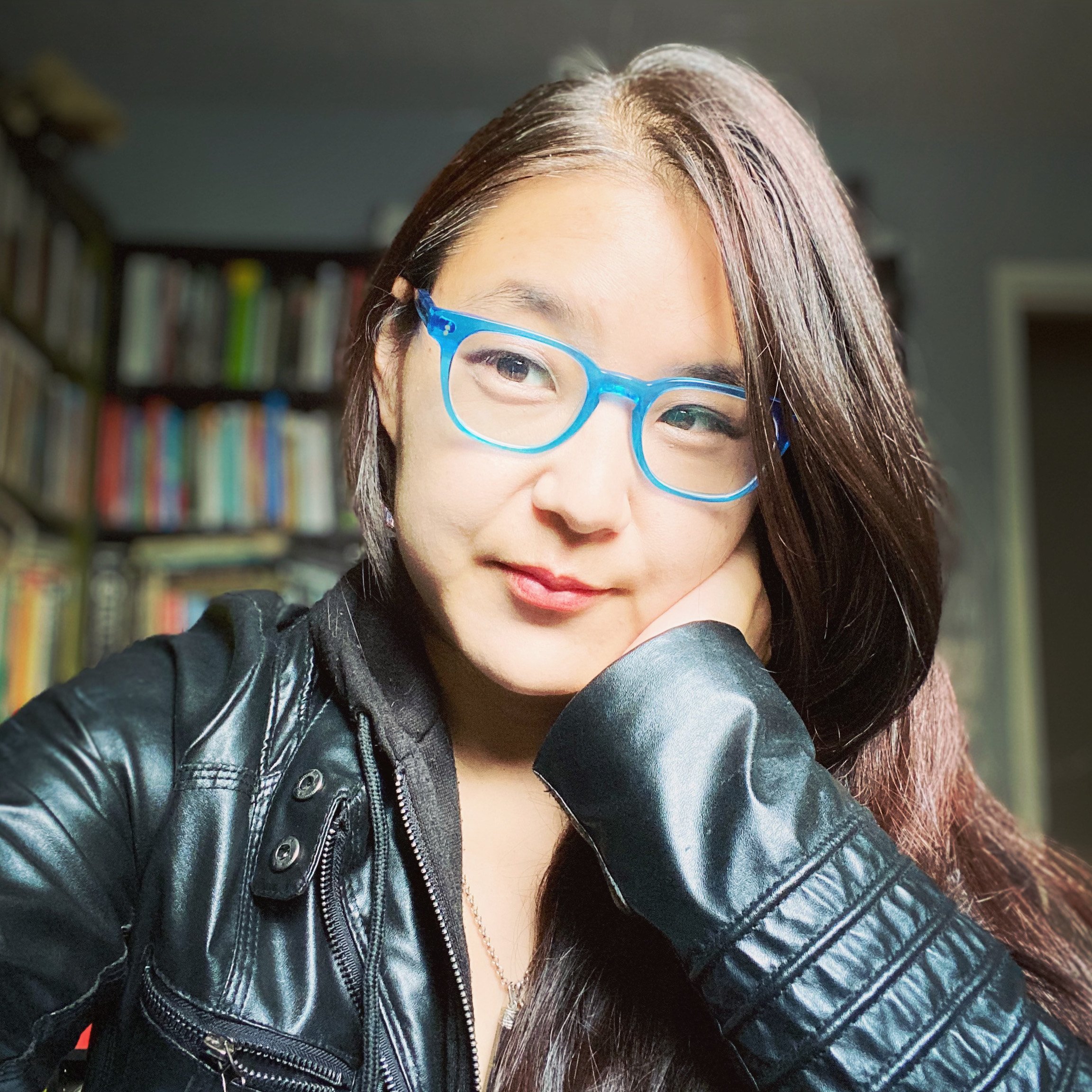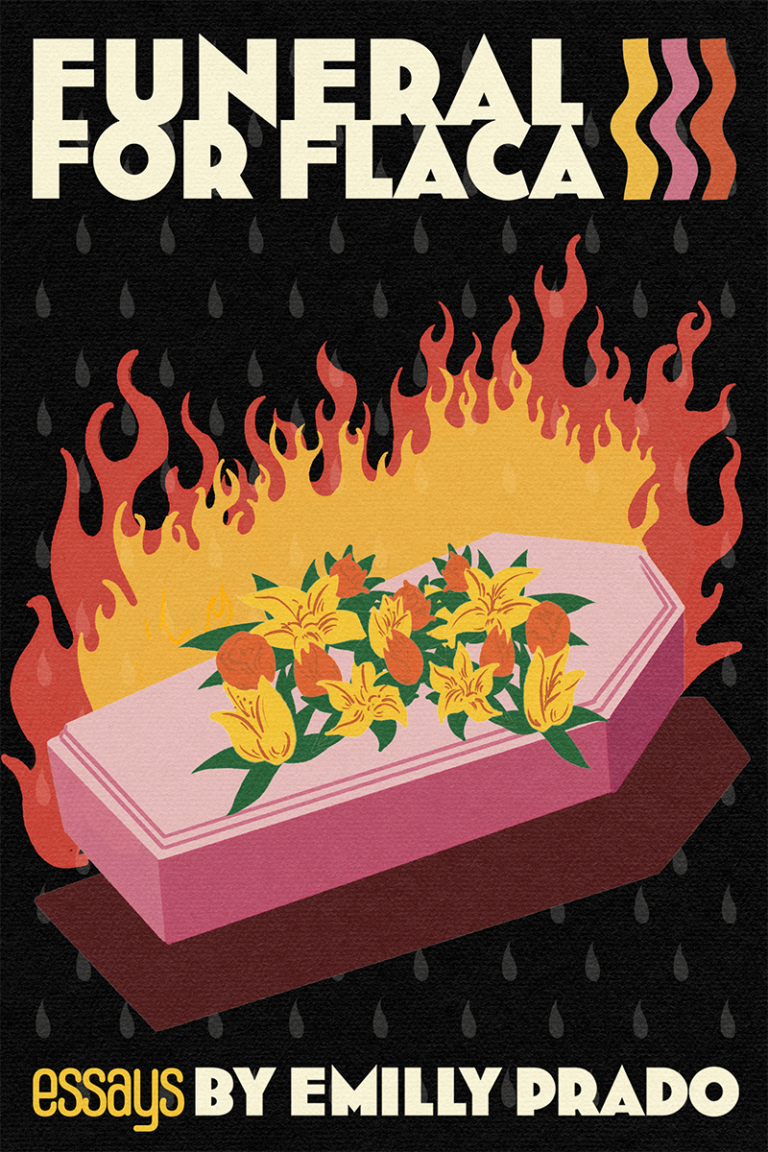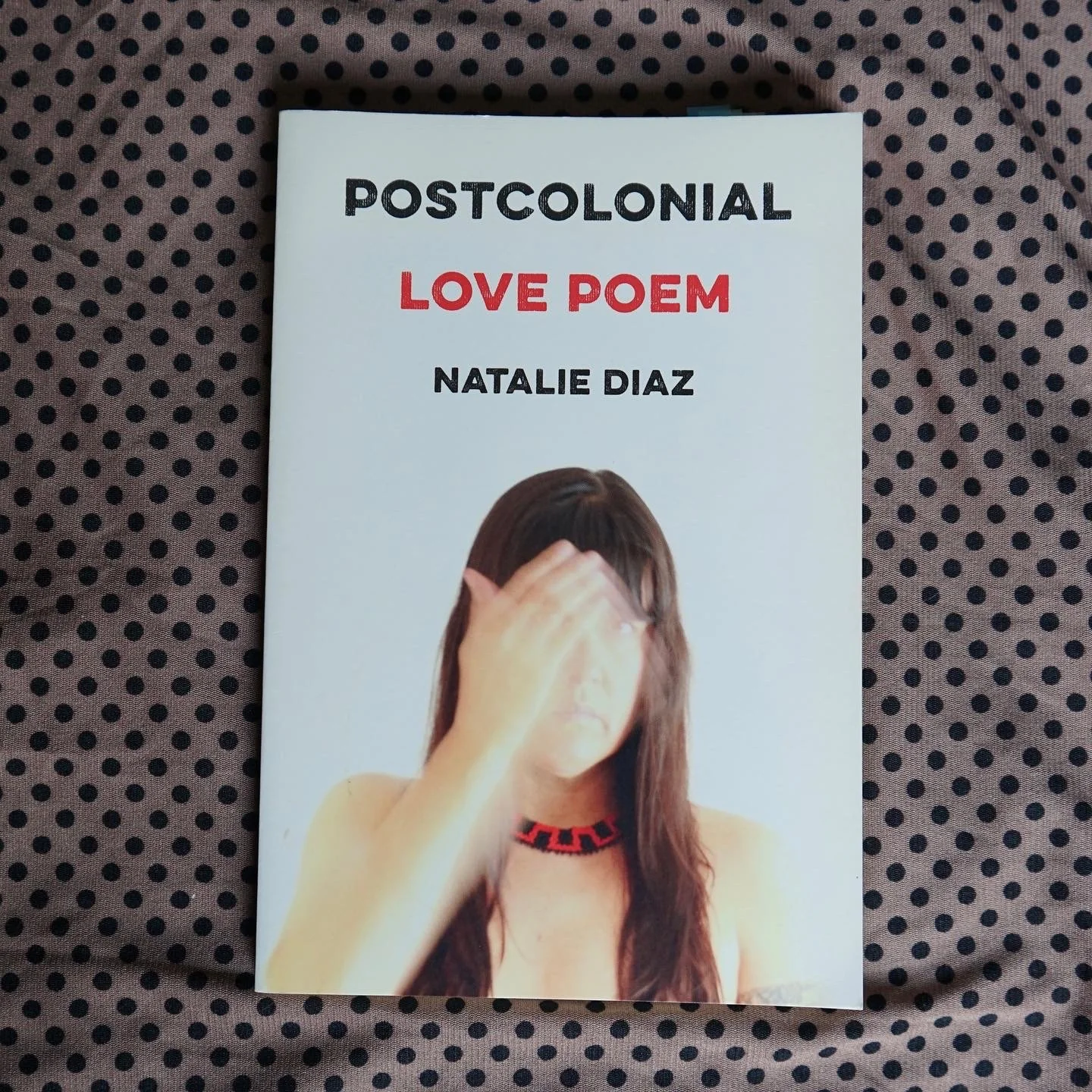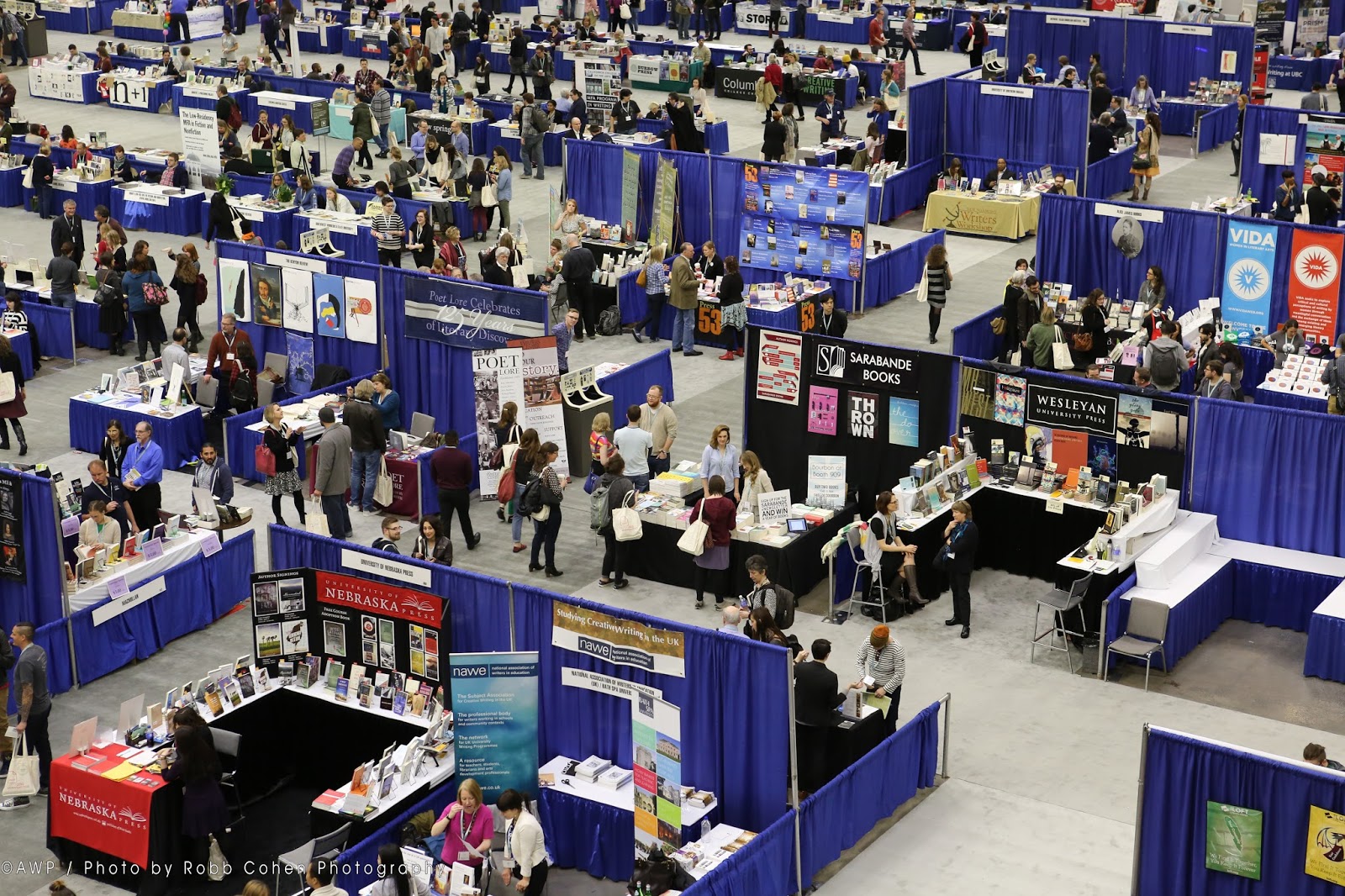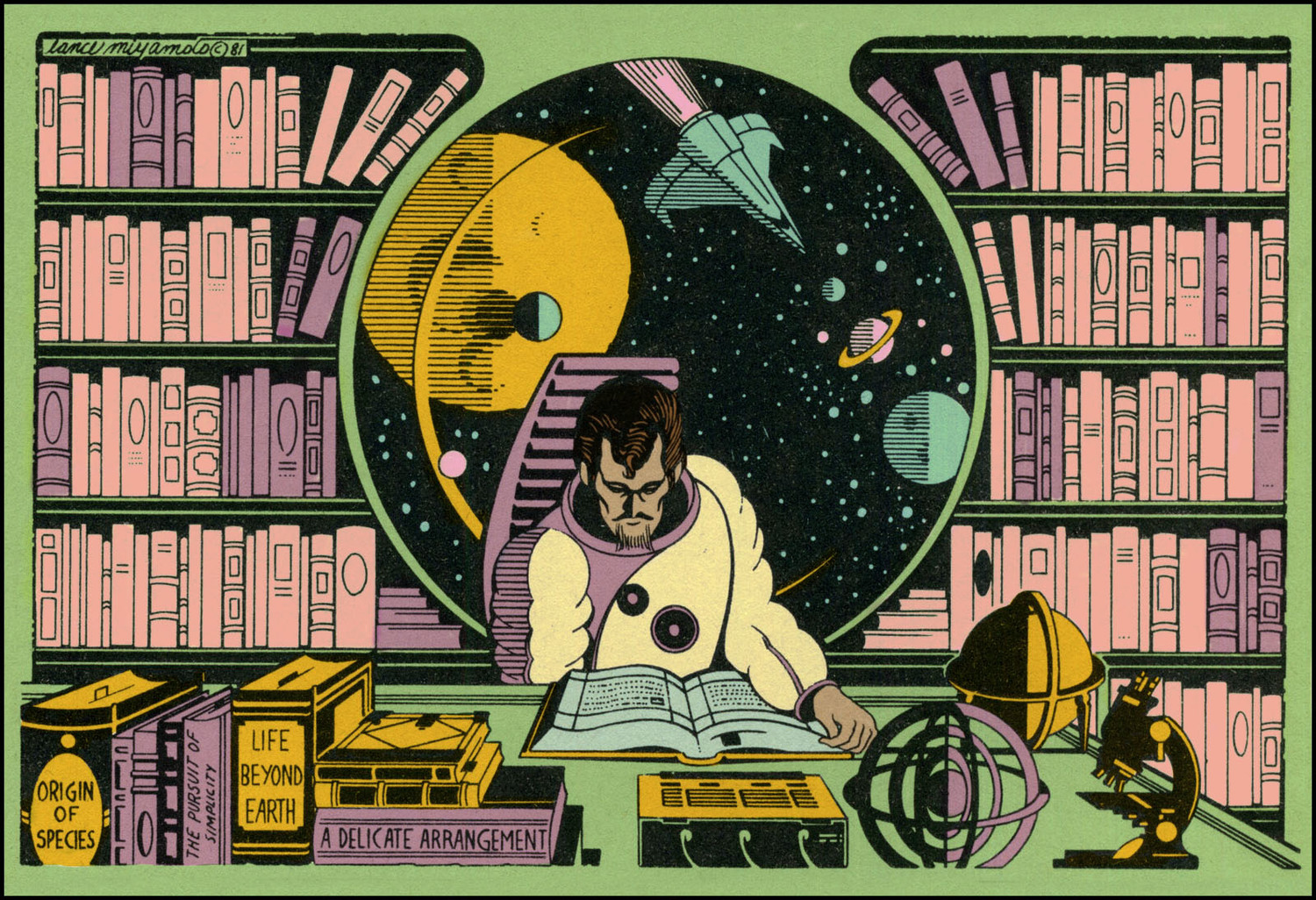This is a conversation interview conducted by Dao Strom, new editor of diaCRITICS, with Viet Thanh Nguyen, author, founder and publisher of diaCRITICS. Read more about what Nguyen has to say about diaspora, identity, and the unique "double burden" of making art as a "minority" person amid or between "majority" cultures. This post was originally published on diaCRITICS on 2/15/18.
IN CONVERSATION WITH VIET THANH NGUYEN:
DS: When did you start diaCRITICS? Can you tell us a little about the history of how it began? What inspired you to create diaCRITICS?
VTN: I started diaCRITICS in 2010. I had been reading some blogs, like Angry Asian Man, and was inspired by their DIY nature, their relevance to contemporary readers, and their ability to respond quickly to current events. And their cheapness to produce. I set out to do a blog with low overhead and little cost except for my labor and that of the writers. It was all volunteer-based and it still mostly is. The blog addresses what I saw as a need–something to talk about Vietnamese and Vietnamese diasporic arts, culture, and politics in English. There were already such blogs in Vietnamese, and they also tended to be Vietnam-focused. I also wanted a blog that could be an opportunity to showcase Vietnamese writers, so it wouldn’t all be about me. Fortunately diaCRITICS is not mostly about me or written by me, but is a collective effort.
DS: What do you/we mean by diaspora? Of course, I know we are speaking basically about the diaspora created by refugees who fled Vietnam, beginning, most significantly, at the end of the war with America—the same cataclysmic (for the Vietnamese) event that marked both your and my exodus from Vietnam, and entry into lives in America. But is this, or was it, an isolated experience? There are more diasporas being created by events in the world today, and the Vietnamese also aren’t the only diaspora created by the war that took place in SE Asia in that era. Could you speak to the word, the concept, the definition of diaspora, as it resonates for you and for diaCRITICS?
VTN: The notion of diaspora comes from the Jewish experience of displacement and exile. There are very strong connotations of an originary homeland, a sense of persecution, and a nostalgic desire for home. If we look at contemporary Jewish and Israeli discourses, there is also a strong sense of essentialism and nationalism, and a potential for both progressive and reactionary politics. All of these features, to me, seem accurate in describing how many, if not all, Vietnamese migrants of the 1970s until recently felt. In the largest overseas Vietnamese communities of the United States, France, Germany, Canada, and Australia, it seems that there is a diasporic consciousness, even if they are not all the same. The French Vietnamese, for example, go back to the early 20th century and include explicitly vocal leftist and communist people, completely unlike Vietnamese Americans. But diaspora can include differences, and part of the purpose of diaCRITICS is to show what we as Vietnamese people share and do not share.
DS: The collective effort you speak of with diaCRITICS resonates a lot with me. In past interviews and essays, you’ve spoken of the need for this collective ‘chorus’, if you will, of voices to speak to all the nuances of experience in the Vietnamese diaspora, and you’ve described “identity” as “always fluid, flexible and multiply defined.” [from essay in Damau.org, May 2009] This sense of there being—and there being a need to acknowledge—the multiplicity of stories and perspectives that exist in our diasporas, that there is no one prevalent storyline to sum up the Vietnamese or Southeast Asian experience (although some American readers may wish there were), seems a key foundational principle to the diaCRITICS project that I very much intend to keep at heart. And yet, as you mention above, many diasporic communities—and the Vietnamese in particular—also have to them “a strong sense of essentialism and nationalism.” I assume you’re speaking to the (at times quite fierce) anti-communist sentiment that exists, that I’ve seen as a particularly strong influence among those of my mother’s generation, for example. Those two things—the fluid, multiply defined sense of identity, and the identity cohered around more “essentialist” and “nationalist” tones—seem, to me, to be quite at odds. To me, these odds seem almost irreconcilable; or at least, someone is always bound to be hurt, feel misunderstood, misrepresented. How is diaCRITICS to engage, and to abide within, this tension? What might story-making, or space-making for our stories, effectively – if it can – provide?
Additionally, I might ask: what do you mean, above, when you say “until recently felt” in describing those features largely shared by Vietnamese migrants since the 1970s? Is it now – and how might it be – changing?
VTN: The Vietnamese American community was defined almost wholly by its anticommunist refugeee population from the 1970s. It still is very much influenced by that anticommunism. But there are more and more Vietnamese in the United States who came as immigrants, and some of them are not that anticommunist. And many are coming as foreign students. They have diverse political views and are pragmatic about relations between the United States and Vietnam, and even if they disagree with the Communist Party, are not set on overthrowing it.
diaCRITICS is also supposed to be global, and if we look at the global diaspora, some populations are like Vietnamese Americans and others are quite different. The Vietnamese in Germany and Poland, for example, have many people who came as unskilled workers from communist Vietnam. So I think diaCRITICS should embrace these many different kinds of Vietnamese diasporic experience, even as their diversity is in tension with a belief that many Vietnamese people hold that Vietnamese culture is something singular that can be defined. Many Vietnamese in Vietnam certainly hold that view too.
I wouldn’t say that singularity and difference are irreconcilable, but they are in tension. The way I would put it is that we’re all Vietnamese, but what being Vietnamese means is up to all of us to decide.
DS: For many years I’ve been asking, or at least have been to myself puzzling over, where Vietnamese identity truly begins. By this I don’t exactly mean trying to locate its beginning in historic events or a past dynasty or a geography, per se. For myself I can say I’ve experienced both push and pull, toward the tribal (vying for collectivity) sense of identity, and toward a more ambiguous, porous sense of identity – the kind that forces one to adapt and allow (in) others, perhaps. To this end, I want to bring up a quote from a past interview you did with Arts Illustrated (2013):
“…The memory of colonisation and war in Vietnam is strong in both France and the United States, where the largest diasporic Vietnamese communities are found. As a result, Vietnamese artists in these countries have opportunities and limitations. If they speak about colonisation and war, they speak about topics their nations know something about, and [they] can find audiences. This opportunity to speak is obviously important, and can produce great work. But it is also limiting, because it is circular – Vietnamese artists and writers are defined by being Vietnamese, which is defined by colonisation and war, and if Vietnamese artists and writers work on those topics, they further cement those topics with Vietnamese identity. Some Vietnamese artists and writers are working on other topics altogether, and some are succeeding in getting their work out. They may be hard to identify as Vietnamese because they do not work on so-called Vietnamese topics, but, at the same time, they are also redefining what a Vietnamese topic is, or the relevance of the label ‘Vietnamese’ to themselves…”
Can you elaborate on these ideas in light of today, and what constitutes “Vietnamese topics” today? Is it different/evolving now, than even just five or ten years ago?
And: where do you think we may be going next, as a diaspora or as diasporic artists, in terms of aesthetics, argument, angles of discourse? Not of course that I’m expecting you to make an accurate prediction—but what do you dream of seeing, of witnessing, of daring, as the diaspora evolves in its creative and imaginary expressions of itself?
VTN: Obviously, war, colonization, racism, immigration, being a refugee–these are all Vietnamese diasporic topics for the reasons I mention in the excerpt above. In Vietnam, of course, the topics are different, even if war and colonization remain hot. But many Vietnamese are doing things that aren’t that different from what other people do elsewhere–romance, work, aging, death. These issues are being dealt with in Vietnamese-specific contexts, but the topics are not Vietnamese in and of themselves. This is because Vietnamese artists in Vietnam are part of the majority (as long as they are in fact part of the majority, as I would be, as a member of the Kinh, if I lived there).
So I think that Vietnamese diasporic artists will have to–and some already are–attempt to work on these so-called universal topics. But will they do so by not mentioning being Vietnamese at all? Or will they insist on retaining Vietnamese characters or signs of some kind? I’m of the belief that anything a Vietnamese artist does is inherently Vietnamese, but is also something else–that it can be and should be universal too. The challenge for us is that, as minorities, we always labor under the double burden of our specificity while attempting to prove our universality. Majority artists get to go straight to the universal and assume that their specificity (as white, straight, wealthy, and so on) is accidental.
We could do that too. But the real opportunity with a double burden is not to try and pretend that it doesn’t exist, or long for the majority privilege of being unburdened, but to invent an art that’s strong enough to carry that double burden. Because then our art will fully embrace our complicated selves and communities, and will challenge the majority on our terms, not on their terms. We have to do this complicated work of creating as if we were the majority–which the Kinh Vietnamese can do in Vietnam–while not renouncing, indeed embracing, what makes us a minority. It’s very hard to do. But if we succeed, we will produce more interesting, compelling, and urgent work than what an unreflective artist of the majority can do.
DS: So much of what you are describing is both heartening and daunting. I would very much like to focus on the potential in that complexity – “to invent an art that’s strong enough to carry that double burden” is such a powerful way of putting it.
It seems clear that the subject of identity and identifiers is, for the diasporic community, an open field of many possibilities. To close our discussion, though, I want to narrow in on the identifier of language. diaCRITICS is a mostly English-based blog, but also publishes bilingually, in Vietnamese, and seeks to be multilingual, to accommodate other languages–any other–that Vietnamese diasporic people are living and working and writing in. However–and admittedly–I am a Vietnamese-born person who is not proficient in the Vietnamese language, having been cut off from it when I was 2, upon entry into my American life, and largely due to my mother marrying a non-Vietnamese, white man (albeit a European immigrant himself). In my own ways (mainly via the experience of now having my poetry translated to Vietnamese), I am trying to reconnect to Vietnamese sounds and words, slowly. But I’ve encountered, from time to time, native-speaking Vietnamese who will tell me that, because I don’t speak or understand the language, I am not “really Vietnamese.” I’m aware that the Vietnamese language, for Vietnamese people, is a very important fabric that binds families and communities, that creates access between generations, that preserves. But I also think I may not be alone – in being a Vietnamese diasporic person experiencing certain impasses when it comes to Vietnamese language as an identifier, or as a factor that qualifies our belonging in this group. How important, would you say, is language – the Vietnamese language – to being Vietnamese? Or, more precisely, what is one to do – in light of one’s sense of Vietnamese identity — when we bump up against the limits, the failures, the exclusions, of language?
I think also of this quote by Robin Coste Lewis (from this lecture she gave for Literary Arts in Portland, Oregon):
“The history of English is inextricably tied to the history of war, to the history of empire; they cannot be separated from these histories. Language is one of the most powerful weapons of war. It is also one of the war’s first victims.”
I am curious to hear what your thoughts or reflections might be about language, about the Vietnamese diasporic relationship to the English language in particular, for us as a community but also, especially, as writers and artists and storytellers.
VTN: My first reaction when a Vietnamese person tells me, or usually implies in the completely snide way that Vietnamese people have mastered, that I am not Vietnamese enough for whatever reason, is usually unprintable. Our authenticity is measured not only by language but by other things, too, like cultural practices. The reason I get riled up is that Vietnamese people are hardly consistent in how they define being Vietnamese. Somehow I am not Vietnamese enough when it comes to language and culture to some people, but remarkably I’m Vietnamese when Vietnamese people want my money (when I return to Vietnam, for example).
Such attitudes are hardly surprising. In the United States, or in France, one is really only American or French if one is fluent in English and French. But there are many minorities in these countries who have lived there a long time and carved out a life for themselves and do necessary work, and are not fluent. Are they not American and French? I think they are. We need to recognize a multilingual, multicultural reality in these countries, which have been created by American and French imperialisms and the histories of colonialism and slavery. To say these minorities are not American and French only continues to reinforce their subjugation.
Likewise, when we speak of Vietnam, we need to recognize that a diaspora of millions of people has been created by the wars of the 20th century. Can they only be Vietnamese if they speak fluent Vietnamese? That would seem to compound their victimization in being dispersed forcibly from the country of origin. To recognize that Vietnamese people come in different linguistic existences, and the Vietnamese culture is plural rather than singular, allows Vietnamese people as a whole to embrace the consequences of a violent history. Considering non-fluent Vietnamese people as somehow lesser than fluent Vietnamese people reinforces the subjugation that was done to Vietnamese people.
All that being said, there’s also no doubt that language fluency is not only a sign of authenticity but a weapon. I’m not interested in the authenticity of language, used as a way of becoming an insider. I’m interested in weaponizing language. At a young age, I understood that I probably could not become fluent in two languages and I wasn’t interested in being mediocre in two languages. I was going to become fluent in English, first to belong, but later, I realized, to fight. I would prove that no American was better than me in English, and that my English would be my way of struggling against a racist and violent history of American warfare and imperialism–not simply to claim a place for me, but to reshape American culture to make it accommodate many more people like me.
Ironically, because of my success in English, in winning the Pulitzer Prize, people in Vietnam are now much more likely to listen to me. Because of the imperial and global power of English. Now that’s a contradiction of history, isn’t? An outcome of colonialism, that for a Vietnamese person to be heard, it might be easier to do so in English than in Vietnamese, which the Vietnamese themselves recognize and even celebrate when one of their own triumphs in English or another western language and culture.
In the end, there’s nothing clean about our relationship to language. Such a relationship is saturated with power. We must proceed from that knowledge and do something liberatory with it, not something that reinforces hierarchies and boundaries and tries to maintain a purity that’s never existed in any language.
DS: Thank you for your time discussing diaspora and art with me, Viet. I’m honored to be entrusted with guiding this new phase of diaCRITICS. Are there any further words of editorial advice, aspirations for diaCRITICS, etc, that you wish to add?
VTN: Let’s keep working to make Vietnamese language and culture as diverse, as different, as weird, as unpredictable as it can possibly be.
Contributor Bios:
Viet Thanh Nguyen is the author, most recently, of The Refugees, and the editor of the forthcoming The Displaced: Refugee Writers on Refugee Lives. His debut novel, The Sympathizer, won the 2016 Pulitzer Prize and he is a recipient of a 2017 MacArthur Genius Award. He is the founder and publisher of diaCRITICS.
Dao Strom‘s bilingual poetry book, You Will Always Be Someone From Somewhere Else, will be published by Ajar Press in 2018. She is the author of a hybrid-forms memoir, We Were Meant To Be a Gentle People, and two books of fiction. She is the editor of diaCRITICS and co-director of De-Canon.




